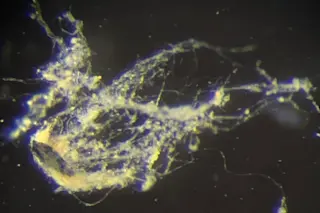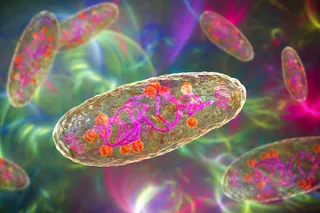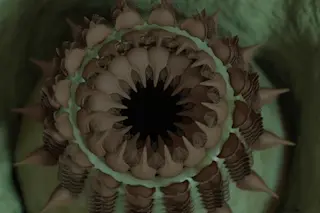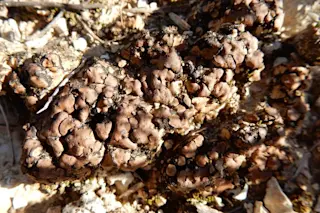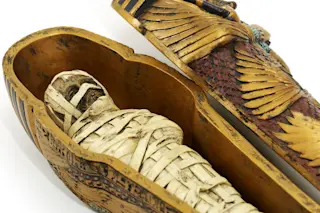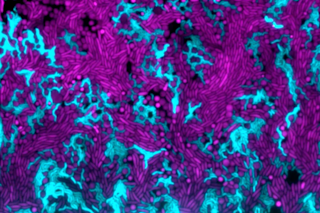A novel "electricity-conducting organism” could spark medical and environmental innovations, says researchers from Oregon State University (OSU), the University of Antwerp, Delft University of Technology, and the University of Vienna.
According to a new study, published in Applied and Environmental Microbiology, the team has named the organism — a new species of cable bacteria — Ca. Electrothrix yaqonensis, in honor of the Yaqona people, whose ancestral land (in Oregon, U.S.), the new bacteria were found in.
The research team hopes that the new discovery could help develop improved biomedical devices as well as new ways to improve food safety and environmental cleanup.
Cross-section of Ca. Electrothrix yaqonensis YB6. (Image Courtesy of Geobiology research group, University of Antwerp)
Geobiology research group, University of Antwerp
Cable bacteria are relatively new to science. First discovered in 2012 in Denmark, cable bacteria are known for their electric properties, a rare feat among bacteria. They ...



